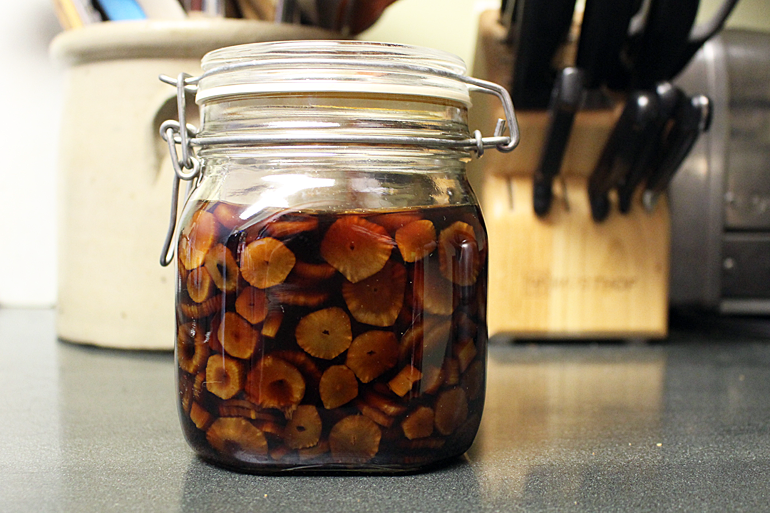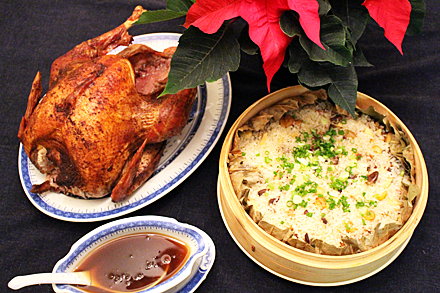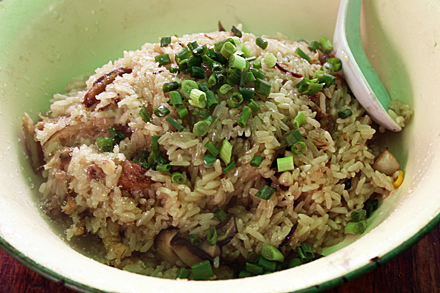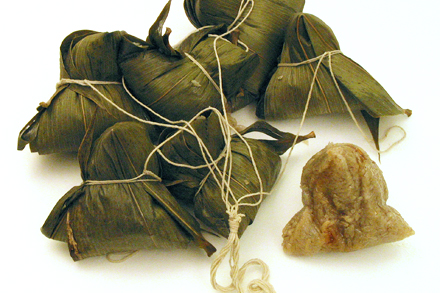Growing up in Singapore I often chatted with my grandfather about Jinjiang (晉江), our ancestral hometown in Fujian (福建) province of China. The stories he told painted a picture of a fishing village with a thriving commercial center where our ancestors lived and worked as merchants and traders. So imagine my surprise when I learned that Jinjiang is now a city with a population of one million.
Still a busy fishing port, Jinjiang has become the largest center of underwear and swimsuit production in all of China, and by extension the whole world. That is the product of economic liberalization over the last three decades. But what interested me the most was investigating the local foodways. Would I be able to find the comfort foods of my youth in Jinjiang? Would the different kinds of flavored rice, fish balls, angel hair noodles and fresh spring rolls be the same?
During my book research tour of Fujian last month I got my chance to find out when we were invited to accompany Ben, our host in Jinjiang, to a funeral lunch hosted by the family of one of his friends. These lunches are offered to friends and extended family members, who come to pay their respects to the deceased during one of the three days of a traditional Chinese funeral. I was excited by this opportunity since I knew the meal would be comprised of local rustic dishes.
(more…)







 Every year in May or June, dragon boat races are held all over the world. There are races in
Every year in May or June, dragon boat races are held all over the world. There are races in